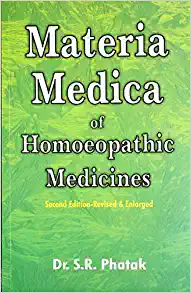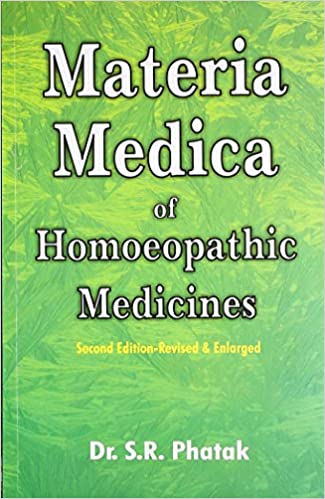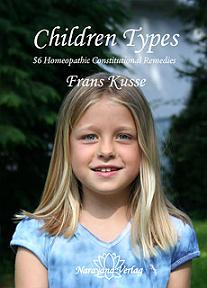The Book of Herbal Wisdom: Plants as Medicines by MATTHEW WOOD [#WOOBOO]
$19.96
Description
The author interweaves knowledge and experience of herbalists, homeopaths, and flower essence practitioners into his descriptions of 36 herbs. These herbs include many less well-known but powerful herbs that should be known by anyone with an interest in natural healing. Information from Quaker, Native American and British herbal tradition is also incorporated.
[From the back cover of the book]
“There are many fine herb books written by our country’s great herbalists gracing the shelves these days. But only once in a while does a classic arise. The Book of Herbal Wisdom is surely that. Written with grace, intelligence, and warmth, this book is richly infused with the gift of wisdom and earns its title at every turn. Matthew Wood has created an original tome that is destined to survive long after the fading of other herb titles of our time.”
-Rosemary Gladstar, author of Herbal Healing for Women
In The Book of Herbal Wisdom Matthew Wood creates a vast and sweeping history of herbalism, drawing on Western botanical knowledge, homeopathy, Traditional Chinese Medicine, and Native American shamanic botany. Detailing the history and use of more than forty plants, he shows how each tradition views a plant, as well as its use in cases drawn from his own herbal and homeopathic practice. An initial section describes signatures, similars, and patterns in these traditions, and elements, temperaments, and constitutions.
Wood has two objectives to demonstrate how herbal medicines are agents of healing and wisdom, and to give the reader a useful catalogue of plants for medicinal uses. His clinical observations of his patients bear the wry wisdom of the country doctor; his love of plants is evident in lush botanical descriptions, which show the connection between remedies-whether homeopathic, Chinese, or Native American-and the plants from which they are derived. The Book of Herbal Wisdom brings to readers centuries of lore about healing from indigenous traditions, at a time when people are exploring empirical ethnosciences with a seriousness unparalleled in history. In no other contemporary botanical compendium have North American Indian medicine, homeopathy, Traditional Chinese Medicine, and Western herbalism been so thoroughly integrated, and so engagingly described.
Matthew Wood is the author of Seven Herbs: Plants As Teachers and The Magical Staff. He has been a practicing herbalist and homeopath for fourteen years. He lives and works at Sunnyfield Herb Farm in Minnestrista, MN.
Book Review
[From Homeopathy Today July/August 1999] This book review is reprinted with the permission of the National Center for Homeopathy
The Book of Herbal Wisdom
by Matthew Wood
A difficult concept to understand is the place where herbal medicine ends and homeopathy begins. We easily become accustomed to attenuated doses of medicines from little white pills, and we often see no correlation between their herbal beginnings and the finished product.
The Book of Herbal Wisdom addresses this subject. Matt Wood is an accomplished herbalist and a practicing homeopath who brings his experience in these two subjects to the book to show the place where herbalism and homeopathy meet.
Herbalism is a subject rooted in the folk medicines of the world’s civilizations. Each culture brings a different understanding of the concept of healing according to its traditions. Wood starts by explaining some of these concepts and traditions. For example, he explains North American Shamanism with its dream understandings of the herbs, and Chinese medicine with its yin and yang principles as well as its hot, dry, moist and wet concepts. We are introduced to the Doctrine of Signatures and to the Four Humors. To understand the mindset is to understand the reasons these medicines were used-an ambitious goal quite credibly done in the time and space he devotes to it.
Wood gives us an impressive selection of forty-one backyard botanical medicines, many of them traditional medicines that have a long and distinguished history of use. Many are not adequately represented in the more popular literature of today. We find a new way to look at some old friends like dandelion or elderberry and we meet some new ones that we may have heard of yet rarely use such as lady’s mantle, wormwood, Queen Anne’s lace, betony and many more unsung heroes of days gone by. These are medicines that have earned a place in our medicine chest both herbally and homeopathically.
Wood draws from both known and lesser known herbal writers so we are treated to a broader based literary search for each of the herbs. A feature that makes this book one of the first that you will turn to when looking for herbal information is the large, impressive bibliography cited at the end of the book. The only thing missing is extensive footnotes. Wood has an entertaining, somewhat rambling style of writing, which I found rather enjoyable, as it maintains the flavor of the subject without sudorific undertones.
Matt Wood offers good insights from the traditional use of medicinal botanicals leading up to their use as homeopathic medicines. Case histories gleaned from his files serve to further illustrate the uses of these medicines.
This book is a “should buy” before the summer season. These are herbs you will want to harvest for drying, and for making tinctures and remedies. These are useful medicines to have on hand whether you are a professional or newly embarking on a healing journey
All in all, The Book of Herbal Wisdom is a most enjoyable and informative book and worthy of a place on your bookshelf.







Reviews
There are no reviews yet.